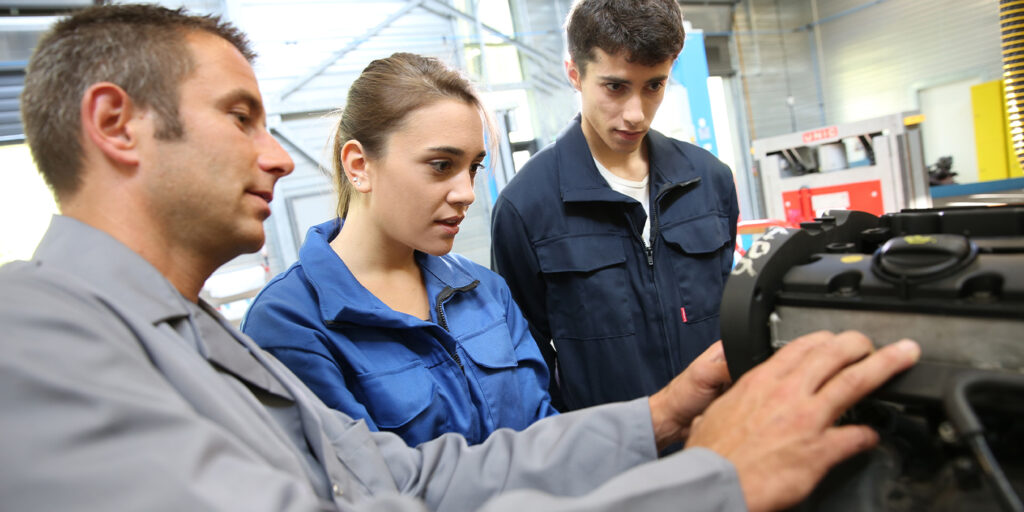I had a conversation with a shop owner after one of our webinars typically held on Thursdays at 2 pm EST. He was delighted we added a “certificate of completion” technicians could print as part of attendance. He said he started to require his technicians to engage in training or learning for at least five hours every month. He even pays them for time spent training.
According to the shop owner, the policy has boosted productivity among his technicians. He even tied the training to raises. If an employee wants more money, they must show how they have increased their value to the shop. It ended all arguments about who makes more and who deserves more.
But, one area the shop owner has been struggling with deciding is, what is training? Is it a formal event that is offsite? Does it need to be live? How long is the session? Is an article a form of training? This can be difficult to answer because there is no formal definition or accreditation for technician training. Yes, programs like the Automotive Training Manager’s Council (ATMC) and ASE’s Continuing Automotive Service Education (CASE) programs help set standards. But, a lot of excellent training falls outside of CASE and ATMC.
Great training does not have boundaries. No matter the training format or topic, we agreed that training needs to be engaging. Any technician can sit in the back of a classroom or in front of their computer and take a training course. But when the student goes back to their shop or bay, the training should continue, as they digest and use the information over days and weeks.
The training should spark curiosity and consumption of more training or research. For example, some courses had technicians reading more articles and watching more videos after an event. The shop owner said the best example was after the transmission fluid webinar one of his technicians started to look at their current fluid inventory to see if they had been using low-viscosity ATF for specific applications.
So, what is training? Great technicians have realized that training is the fuel for curiosity and experience. If you are not curious, you will never get training or train yourself. If you don’t have the training, you can’t gain the experience. If you don’t have experience, you will never grow.














